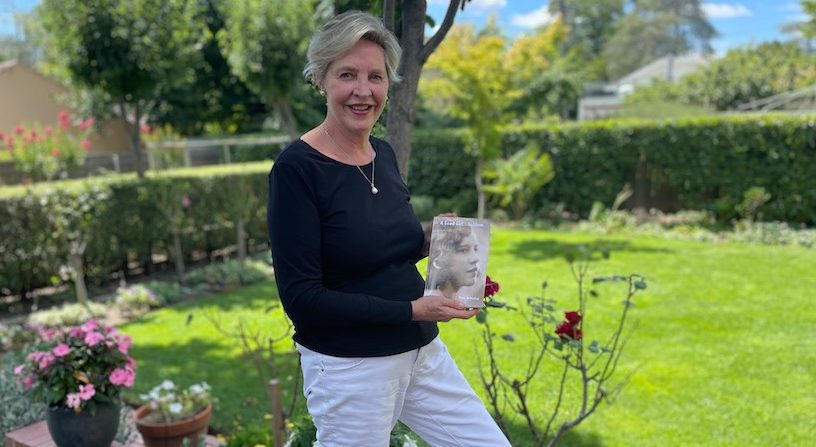
ANNIE Gidman was a survivor, says her daughter Jenni McMullan, who’s written her mum’s biography “A Good Girl… Seldom” from recordings made before she died.
Jenni, from Reid, said she’d “slip down to Batemans Bay” as often as she could in the late 1990s to get Annie, then 83, talking about her life.
“Mum had been through so much and had so many adventures. I remembered some of the stories first hand, and others I’d heard over the years. I’d always wanted to write them all down but life got in the way,” Jenni says.
It’s a ripper read, too, with Annie getting up to all sorts from fencing smuggled diamonds, flirting with soldiers for drinks, keeping secret lovers in the box room and protecting an illegal abortionist.
She also survived the war, experienced violence at the hands of her husband and had to become independent from a young age, because “her mum was such a bitch”, Jenni says.
“Nellie, my grandmother, was selfish; she’d gamble, drink, steal Annie’s hard-earned money, had a disregard for proper behaviour and was actively hostile to her kids.”
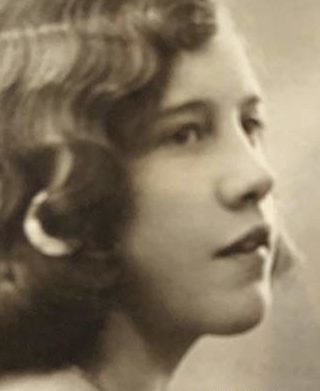
Honorary secretary and board member for Palliative Care ACT, Jenni says she started writing the book 13 years after her mum’s death as she hadn’t been ready to listen to the recordings any earlier.
“The tapes stayed in the cupboard. Mum died in 2003 and my husband Brian died three years later, so I’d lost two important people to me who’d been my champions. I wasn’t ready to go there,” Jenni says.
“By the time I started to listen, it wasn’t as upsetting as I’d feared and at times I was keeled over with laughter. It’s the way she tells it!”
Jenni says there are many quotes in the book “direct from mum’s lips” although she had to follow tangents all over the place in order to finally organise the story chronologically.
The book contains stories about Jenni herself, including a life-threatening infection she picked up as a newborn, various childhood accidents and details of her life when the family migrated to Australia in 1963 as 10-pound-poms.
“Even though it’s about mum, there’s a lot of me in it, too. So you just think, what will people say? It’s a very personal story,” she says.
“It’s a bit like hanging your washing on the line for the whole world to see, and you just hope you don’t have any holes in your knickers!”
Annie grew up in a small terrace in Macclesfield with two sisters she adored, without any luxuries, sleeping under a coat, sharing a toilet with the whole street, often hungry, with “sugar butties and oatcakes” as a treat (“I don’t think mum really ate properly until she got married”, Jenni says).
“In telling Annie’s story, I wanted my children and grandchildren to understand that they live in comparative luxury, despite this being only a couple of generations ago,” she says.
When she was growing up, Jenni says she had a poor opinion of her often-violent father, Harry, who she saw drunk so many times.
“Mum was outgoing, everyone liked her, she was friendly and would chat to everyone. She was also really attractive, so there was a sense of jealousy there from him too I think,” she says.
“It was only as an adult and learning about his upbringing and his experience in the war that made me more accepting of my dad.”
During the war, Harry had been torpedoed off the escort aircraft carrier HMS Avenger in 1942, and it was all over the news that everyone on board had been killed.
“It turned out that 12 of the crew of 500 had survived, including dad, though he’d been hanging on to flotsam for 15 hours before he was picked up. Mum thought she was a widow for ages then she heard he was alive, but doolally. You don’t know what experiences like that do to people.”
The title of the book refers to a phrase Annie would say to Jenni as a child, when she’d ask her mum if she’d been good.
“I didn’t know what ‘seldom’ meant, so it sounded great to me,” says Jenni.
It’s also something her mum said about times when she and her sister would enjoy nights out with soldiers during the war, but didn’t want to “take things any further”.
“The girls would promise they weren’t sneaking off by asking the soldiers to look after their white gloves until they came back,” says Jenni.
“But they were just cheap cotton gloves that they’d buy by the box-load. Mum said there must have been a trail of white gloves left behind them all over Macclesfield.
“Good girls… seldom, indeed!”
“A Good Girl… Seldom” by Jenni McMullan, is available via Amazon ($44) and for kindle, or email jenni.mcmullan@bigpond.com for a copy, priced at $25.
Who can be trusted?
In a world of spin and confusion, there’s never been a more important time to support independent journalism in Canberra.
If you trust our work online and want to enforce the power of independent voices, I invite you to make a small contribution.
Every dollar of support is invested back into our journalism to help keep citynews.com.au strong and free.
Thank you,
Ian Meikle, editor
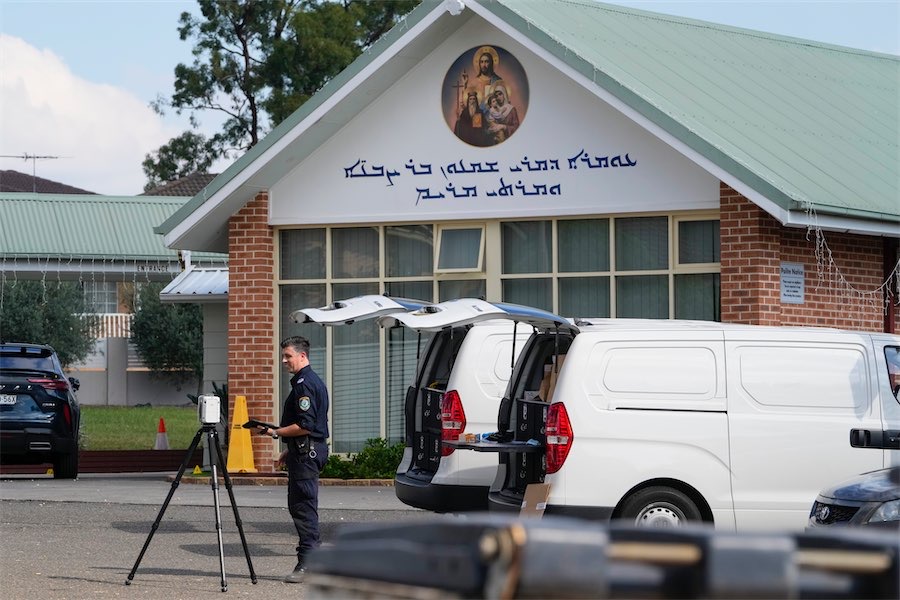
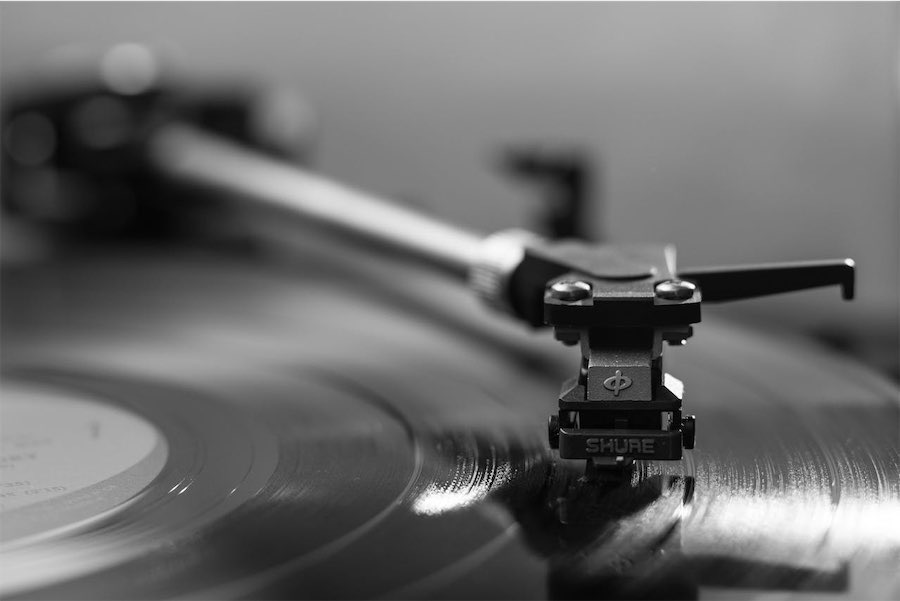
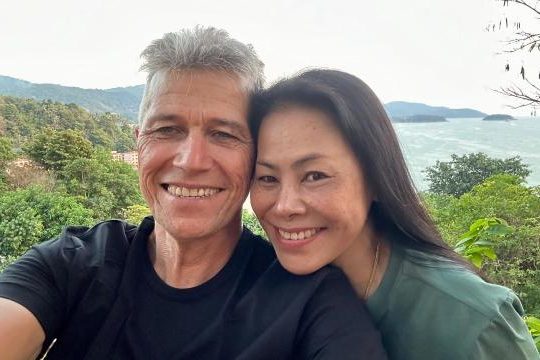

Leave a Reply